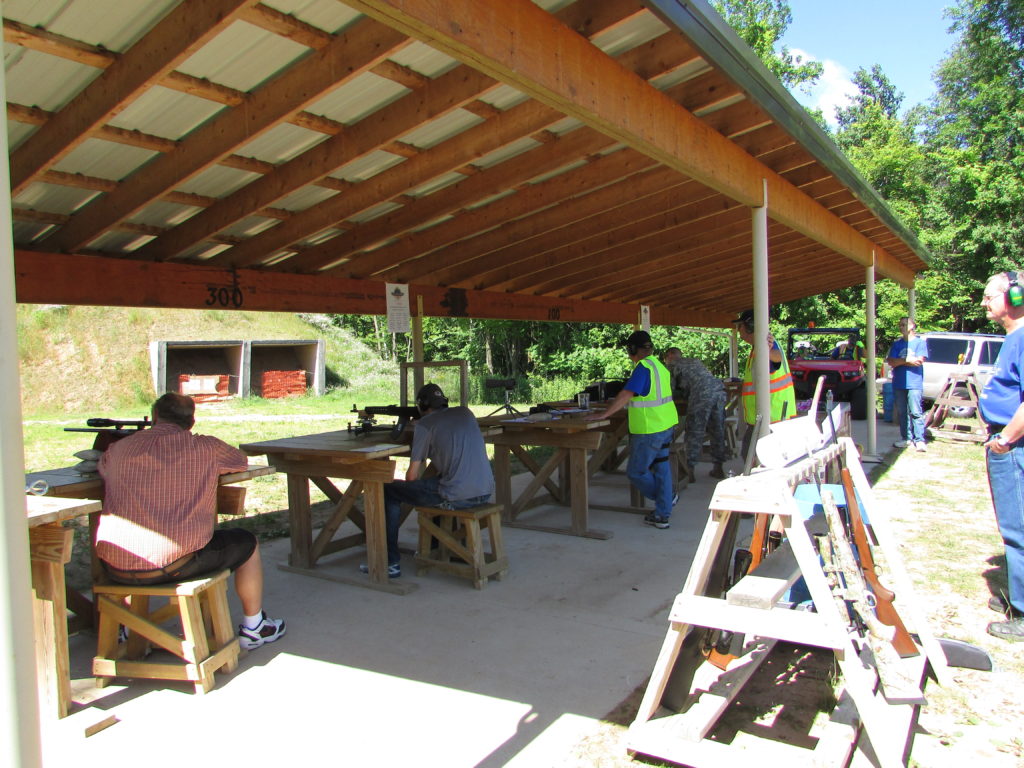Red flag bill: A person who loses their gun has to prove they’re no longer a risk to get it back
DENVER — “Guilty until proven innocent” is a term you will hear during the debate over a red flag bill at the Colorado State Capitol.
The “extreme risk protection order” bill, which is named after fallen Douglas County Sheriff’s Deputy Zackari Parrish III, will have its first hearing on Thursday at 1:30 p.m. on the second floor of the Capitol.
Parrish was killed on New Year’s Eve in 2017 while responding to a disturbance. The shooter, who was also killed, was known to law enforcement and messages were sent to deputies that said he “has access to weapons” and “is hostile towards law enforcement.”
Opponents of the bill will focus on a section that was included in the 2018 version that failed when it didn’t get out of a Republican-led Senate committee. That section suggests the person who has their gun taken away from them would need to prove their innocence in order to get their weapon back.
“The guilty until proven innocence portion of it doesn’t come into effect until there’s been a hearing with the district court,” said attorney Christopher Jackson.
Jackson reviewed the legislation for Next with Kyle Clark:
“I wouldn’t be surprised if this case was challenged in court if someone said that this violated the Second Amendment, and it’s tough to know how a judge would rule, but this does seem pretty consistent with other ways that the law treats due process rights,” said Jackson.
If a person were to have their gun taken away, it would require:
- An affidavit-complaint filed by a family member, household member or member of law enforcement
- A “temporary extreme risk protection order” hearing is held that day or the next day in person or by phone
- If the temporary order is issued, the court will hold another hearing within 14 days. The person who has their guns temporarily taken away will have a private attorney appointed to them, paid for by the court
Should a judge determine that the person should not have access to guns, an extreme risk protection order will be issued and last up to 364 days.
For the person to get their weapons back, they would have to prove to the court that they are no longer a threat, instead of the other side having to prove they’re guilty.
Jackson compared that to a permanent restraining order keeping someone from contacting a significant other, but in this case the significant other is a gun.
“If a court orders a permanent protection order, to do that it has to hold a hearing, it has to give the responding party notice and an opportunity to be heard and an opportunity to present their evidence,” said Jackson. “After that permanent protection order is issued, the responding party later on, can move to try to get that modified or revoked in some way, and it’s only at that point that the responding party bears the burden of proof.”
The committee hearing is at 1:30 p.m. Thursday in the Old State Library of the State Capitol in room 271. Anyone can sign up to testify.
NOTE: THIS CAN BE APPLIED TO WISCONSIN AS IT’S A MODEL FOR THE DEMOCRATS ACROSS THE COUNTRY TO GRAB YOUR GUNS AND IT CLAIMS YOU ARE GUILTY AND MUST PROVE YOU ARE INNOCENCE.
You may also like
-
Urgent! Wisconsin Dems Ambush Gun Owners with Pre-July 4th Holiday Gun Control
-
Urgent! Wisconsin Dems Ambush Gun Owners with Pre-July 4th Holiday Gun Control
-
The gun control crowd is back in Madison
-
The Latest California Anti-Gun Brainstorm New York Wants to Import: Gun Owner Liability Insurance
-
GET OUT AND VOTE STARTING MARCH 18TH FOR BRAD SCHIMEL
